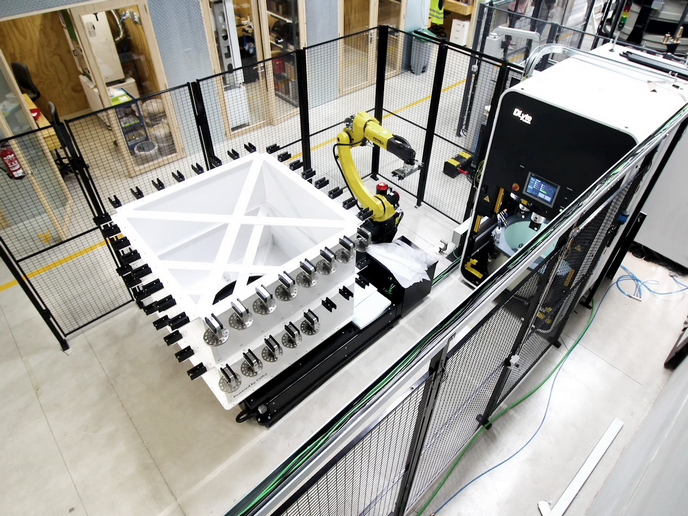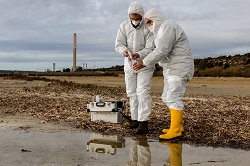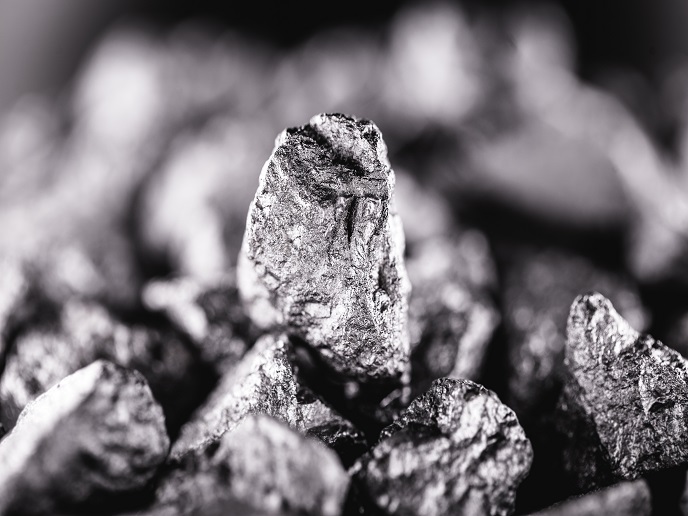Ions produce a mirror finish on metal, replacing mechanical processes and harsh chemicals
Engineered metal surfaces must meet certain specifications to ensure the proper functioning of the components and systems to which they are integral. Current metal polishing techniques fall short in important ways that affect not only the part per se, but also the manufacturer’s bottom line: manual steps, long processing times, hazardous chemicals use and inconsistent results. The EU-funded DLyte PRO(opens in new window) project has delivered a pioneering machine and technology that address all these challenges and more, while reducing the environmental footprint of metal surface finishing, to boot.
Ions replace mechanical processes and harsh chemicals
DryLyte, the first-ever dry electropolishing technology, is a patented system for grinding and polishing metals by ion transport using free solid bodies in a solid medium. The technology is implemented in a range of DLyte machines, including the DLyte PRO500 Automated Cell(opens in new window) that was the focus of the DLyte PRO project. “DLyte respects the tolerances and geometry of the piece, does not round the edges and can process complex geometries, all while enabling a mirror finish,” explains Pau Sarsanedas Millet, CEO and co-founder of project coordinator GPAINNOVA(opens in new window). Unlike traditional polishing systems, the DLyte system yields reproducible results and does not generate micro-scratches. Further, processing is biocompatible and improves corrosion resistance while reducing roughness. Thus, DLyte facilitates traceable industrial processes with controlled costs and predictable lead times. The process scales down the environmental footprint relative to current polishing processes, thanks to its lower water consumption, easy waste management and drastically reduced toxicity, which also lowers risk for workers.
Revolutionising post-processing in high-value sectors
The DLyte PRO500 Automated Cell allows all kinds of industries requiring full automation to integrate this technology into their mass production lines to process any cast, sintered or milled metal parts. It accommodates up to eight holders with several workpieces per holder and can work continuously during eight cycles without human intervention. “The project helped us to adapt and to leverage the required resources to compete in the most demanding sectors including medical devices, aeronautics and luxury goods, where quality, traceability, process control and safety are fundamental elements to success,” adds Sarsanedas. Although the technology is still very young, its potential is clear. DLyte PRO supported developments above and beyond those planned: for instance, the new DLyte eBlast(opens in new window) for focused surface finishing of complex geometries or heavy and large parts opened the door to new sectors such as automobile and rail. It also led to the development of a technique for surface finishing of tungsten carbides with a targeted roughness less than nine nanometres. Sarsanedas summarises: “Thanks to GPAINNOVA’s DryLyte Technology, any company, no matter the size, can benefit from fully automated polishing to get mirror-effect finishing in a single step.” GPAINNOVA has grown from 4 people in 2016 to 180 people in 2021, with a projected annual turnover doubling in 2022 to EUR 40 million. Focused on innovation linked to energy efficiency, environmental preservation and the improvement of people's well-being, the company’s disruptive technology is changing the way manufacturing teams are producing, while introducing environmental benefits.







